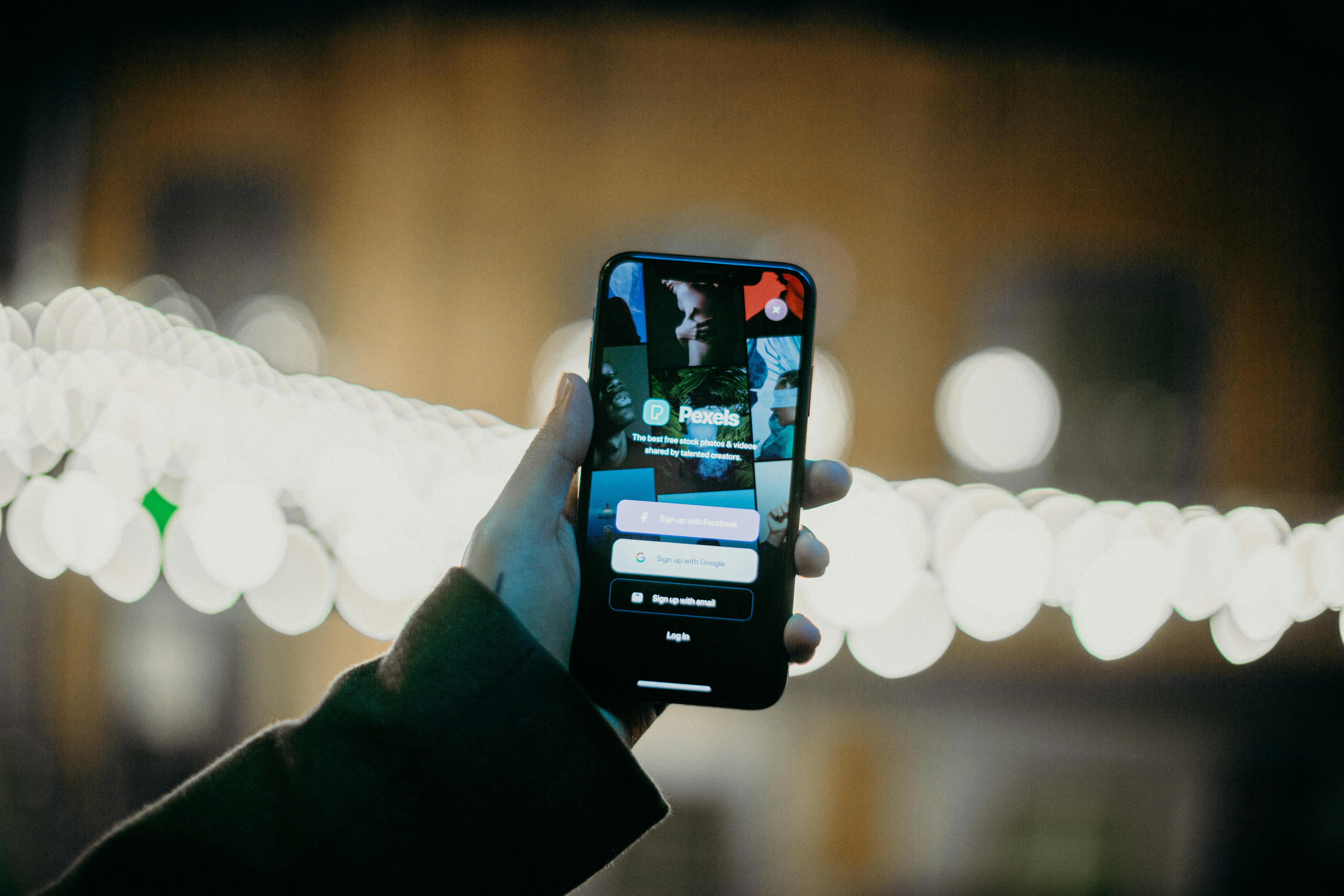The Great Divide: How AI Is Creating a New Class System of Producers and Consumers
Explore how AI is creating a dangerous divide between digital producers and consumers, threatening societal stability and human agency. Learn why immediate educational reform is crucial to prevent collapse.

In 2024, a shocking statistic emerged: 95% of digital content is now AI-generated, while only 0.1% of the global population understands how to create or modify AI systems.
This widening chasm between producers and consumers isn't just a technological divide—it's reshaping the very fabric of human society. As artificial intelligence continues its relentless advance, we're witnessing the emergence of a new social hierarchy that threatens to be more rigid and unforgiving than any class system in history.
The New Digital Feudalism
We're rapidly moving toward a world where a tiny elite class of AI architects and engineers holds unprecedented power over the vast majority of humanity. These modern-day digital lords don't control land or physical resources—they control something far more valuable: the algorithms and systems that increasingly govern every aspect of daily life. The parallels to medieval feudalism are striking, but the implications are far more severe.
Consider this: in 2025, the top five AI companies employ fewer than 50,000 technical staff combined, yet their systems influence the lives of over 6 billion people daily. These companies' AI models generate content, make decisions, and shape perspectives at a scale that would have been unimaginable just a few years ago. The average person has become not just a consumer, but a digital serf, dependent on AI systems they neither understand nor control.
The Erosion of Human Agency
Perhaps most alarming is how this dependency is reshaping human capability. Recent studies show that children born after 2020 demonstrate significantly reduced problem-solving abilities compared to previous generations. Instead of learning to create solutions, they're being conditioned to prompt AI systems for answers. This isn't just about convenience—it's about the fundamental erosion of human agency and creativity.
Educational institutions, in their rush to appear modern and relevant, are exacerbating this problem. Rather than teaching students to understand the underlying principles of technology and creation, many schools now focus on teaching students to be efficient AI users. It's the equivalent of teaching someone to order food delivery instead of learning to cook—convenient in the short term, but potentially catastrophic for long-term survival.
The Skills Extinction Event
We're witnessing what experts call a "skills extinction event." Traditional creative and technical skills are disappearing at an unprecedented rate. In 2024, a survey of university students revealed that 70% couldn't perform basic programming tasks without AI assistance, and 85% relied on AI for writing and content creation. While these tools make life easier in the present, they're creating a dangerous dependency that could prove catastrophic if these systems ever fail or become compromised.
The implications extend far beyond individual skills. Societies that lose their capacity for independent creation become vulnerable to manipulation and control. When the majority of people can only consume but not create, they lose the ability to challenge, innovate, or resist the systems that govern their lives.
The Economic Impact
This producer-consumer divide is reshaping the economy in profound ways. Traditional middle-class jobs that required a mix of technical and creative skills are disappearing, replaced by a binary economy: high-paying jobs for those who can create and maintain AI systems, and increasingly automated, low-skilled jobs for everyone else. The middle ground is vanishing, creating an economic polarization that mirrors the technical divide.
Small businesses and entrepreneurs face particular challenges. As AI systems become more sophisticated, the barrier to entry for creating competitive products or services grows higher. Many are forced to become resellers or implementers of AI-driven solutions rather than true creators, further concentrating power in the hands of major tech companies.
The Path to Collapse
If current trends continue, we're heading toward a breaking point. A society where 99.9% of people are purely consumers is inherently unstable. History shows that extreme concentration of power and capability eventually leads to systemic collapse. The difference this time is the speed and scale at which this transformation is occurring.
The signs of strain are already visible. Mental health issues related to technology dependency are skyrocketing. Innovation outside of AI is stagnating. Cultural creation is becoming increasingly homogenized as AI systems trained on existing data generate slight variations of familiar themes.
Preventing the Collapse
The solution isn't to reject AI—that ship has sailed. Instead, we need a fundamental reimagining of how we educate and prepare future generations. This means teaching not just how to use AI, but how to understand it, modify it, and, when necessary, live without it. Several key changes are essential:
First, education must shift from teaching AI usage to teaching AI literacy. Students need to understand the fundamental principles behind AI systems, not just how to prompt them effectively. This includes basic programming, data structures, and algorithmic thinking—skills that enable creation rather than just consumption.
Second, we need to preserve and celebrate human creativity and problem-solving. Schools should maintain robust arts, music, and hands-on technical programs. These activities develop the kind of flexible, creative thinking that AI currently can't replicate.
Third, we must create new economic models that value human creativity and innovation alongside AI efficiency. This might include special incentives for human-created content and products, or new forms of certification that distinguish human-led projects from AI-generated ones.
The Time for Action
The window for preventing this societal collapse is rapidly closing. Each year that passes with the current educational and economic models in place makes the producer-consumer divide more entrenched and harder to reverse. Parents, educators, policymakers, and business leaders must act now to ensure we're preparing the next generation to be creators and innovators, not just passive consumers of AI-generated content and solutions.
The stakes couldn't be higher. We're not just talking about economic inequality or technological literacy—we're talking about preserving human agency and creativity in an increasingly automated world. The choice between becoming a society of creators or consumers will determine not just our prosperity, but our very survival as an independent, innovative species.


